Screws are integral components in countless projects, from simple household tasks to intricate engineering endeavors. However, the undeniable utility of a screw can be severely hampered when faced with a damaged thread. Whether you’re looking to remove a screw with a damaged thread or seeking solutions for a screw thread damage fix, this guide provides insights and actionable steps to navigate these challenges effectively.
Table of Contents
1. Recognizing Screw Thread Damage
The first step in addressing screw thread damage is recognizing it. Symptoms include:
- Difficulty turning the screw.
- The screw doesn’t hold materials securely.
- Visible signs of wear or distortion on the screw thread.
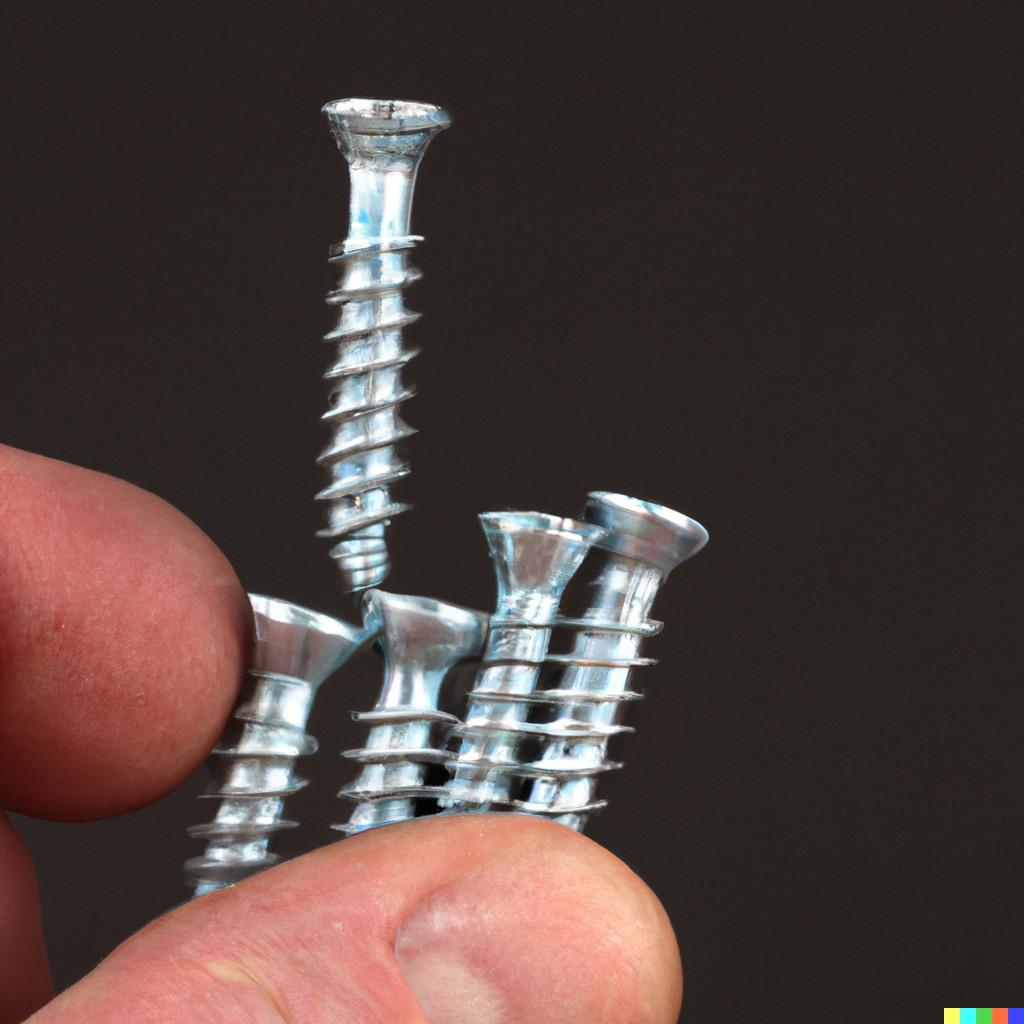
2. Causes of Damaged Screw Threads
Understanding the causes can help in preventing future damage:
- Over-tightening: Applying excessive force can distort the thread.
- Using the wrong tool: A mismatched screwdriver can slip and damage the screw.
- Environmental factors: Rust or corrosion can compromise the thread’s integrity.
3. How to Remove a Screw with Damaged Thread
If you’re faced with the challenge of how to remove a screw with damaged thread, consider these methods:
- Rubber Band Method: Place a rubber band over the screw head and press down with a screwdriver, turning slowly.
- Flathead Trick: If the damaged screw has a slightly intact groove, a flathead screwdriver can be used to gain grip and turn it.
- Pliers: If the screw protrudes slightly, grip it with needle-nose pliers and turn.
4. Techniques to Repair Damaged Screw Thread
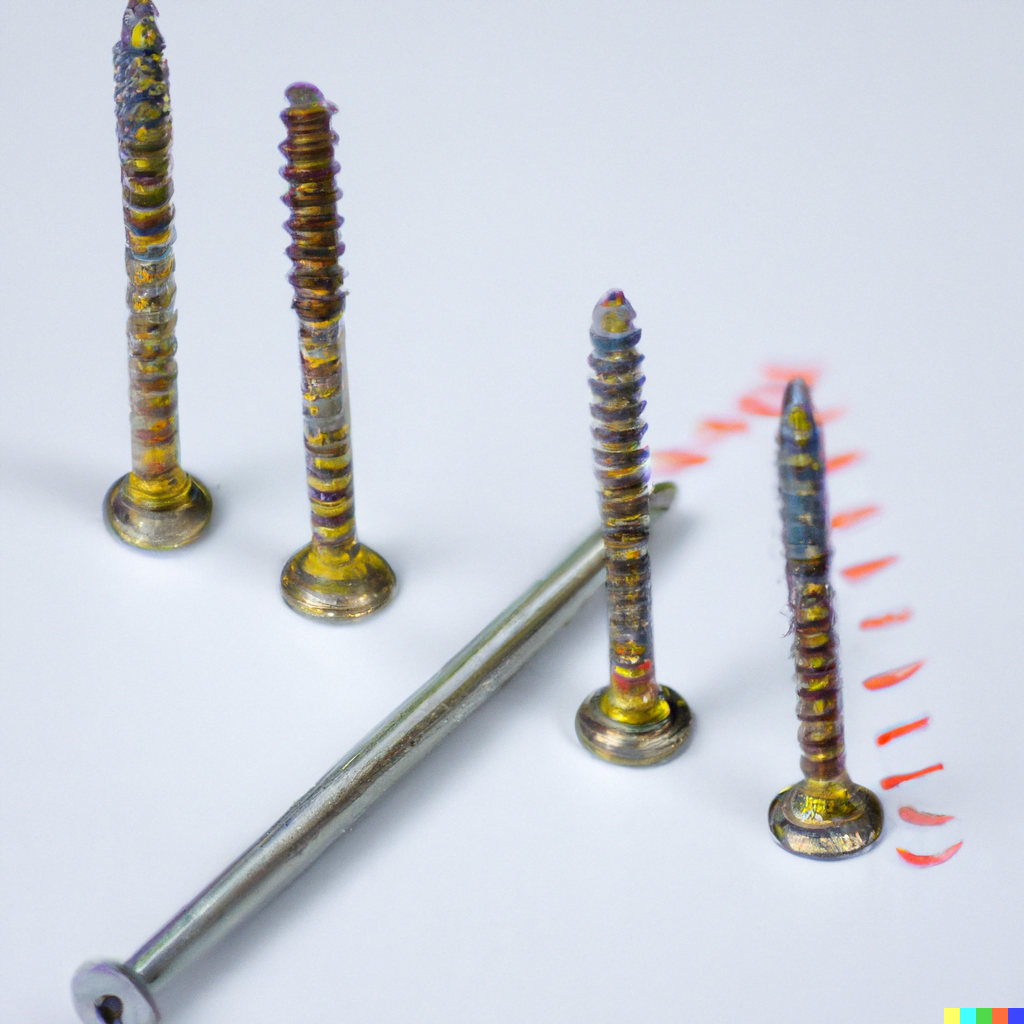
The crux of the matter: how to repair damaged screw threads. Here are some effective strategies:
5. Preventive Measures for Screw Thread Damage
To avoid the need to remove a screw with a damaged thread or execute a screw thread damage fix, consider these preventive measures:
- Use the correct tool: Ensure the screwdriver or drill bit matches the screw head.
- Lubrication: Applying a lubricant can reduce friction and prevent wear.
- Avoid over-tightening: Using a torque-controlled tool can help regulate the force applied.
You may also want to read about how to remove stripped screws from metal and advanced screwdriving techniques.
To prevent thread damage during installation, using a dependable cordless drill/driver kit can provide better control and reduce mistakes.
While a damaged screw thread can be a daunting issue, with the right techniques and tools, it’s an entirely manageable one. Whether you’re looking to remove or repair, understanding the intricacies of screw threads is crucial. By combining knowledge with preventive measures, you can significantly reduce the risk of screw thread damage in future projects.
Note: This article offers a comprehensive understanding of screw thread damage and its remedies. Always consult with professionals or trusted sources when in doubt to ensure the best outcome for your projects.
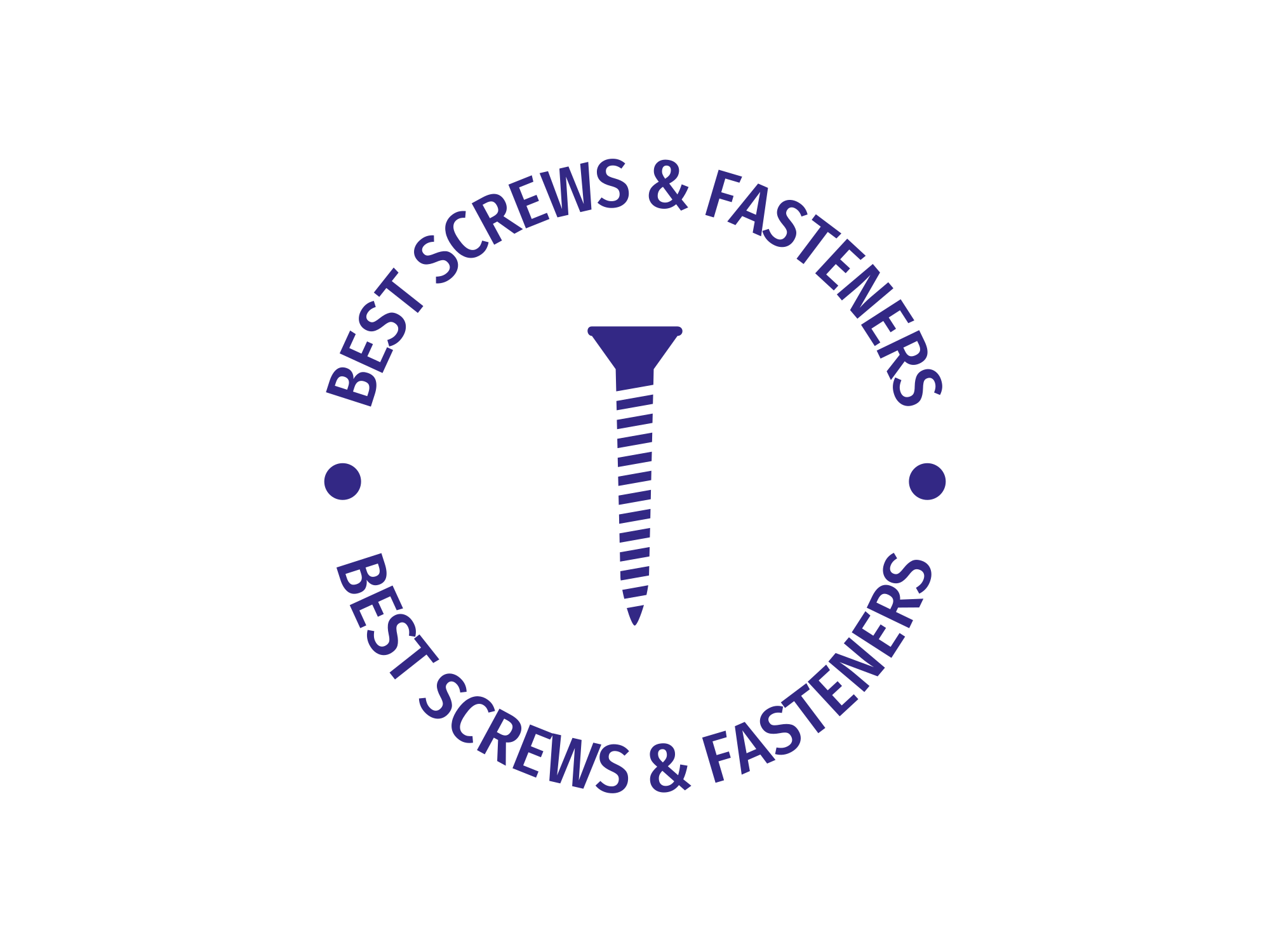
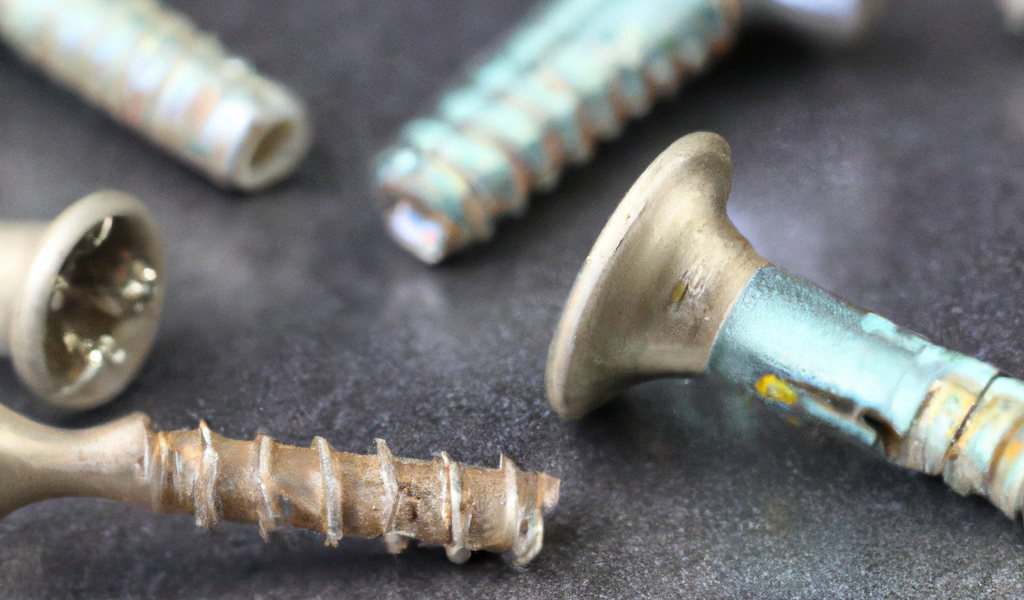


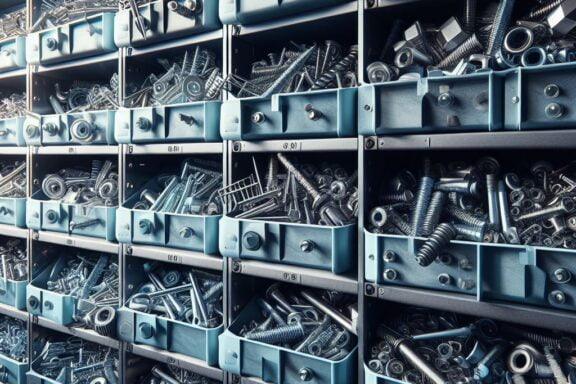
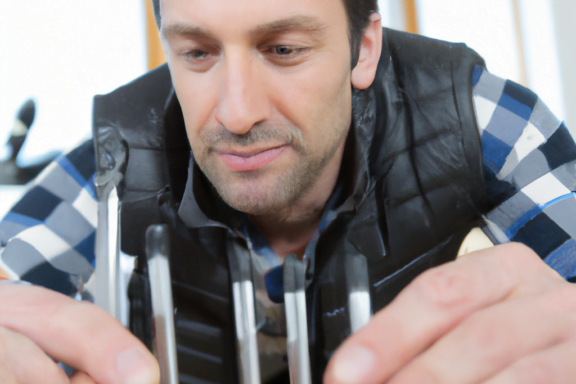
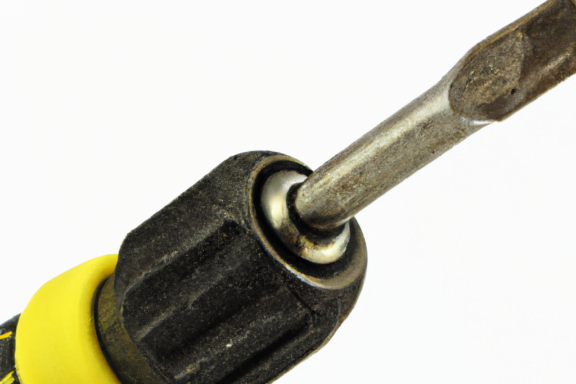
No Comments